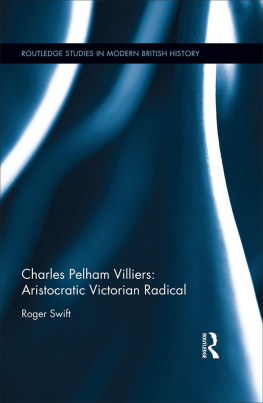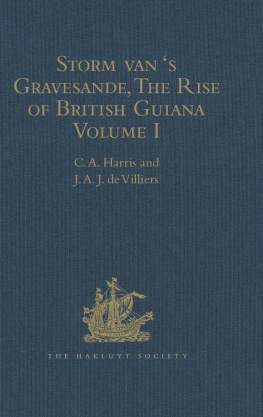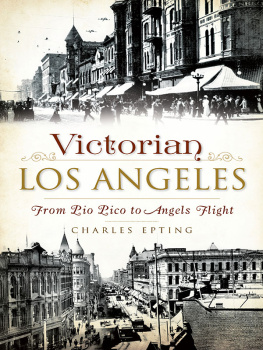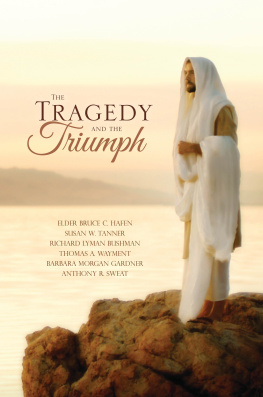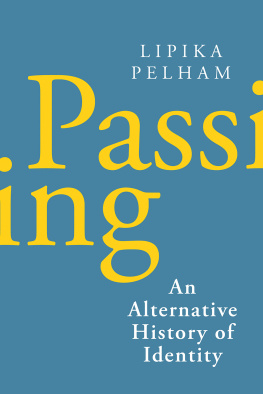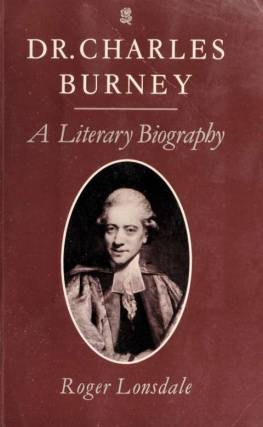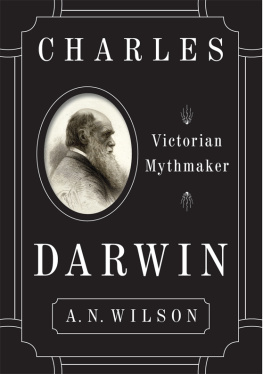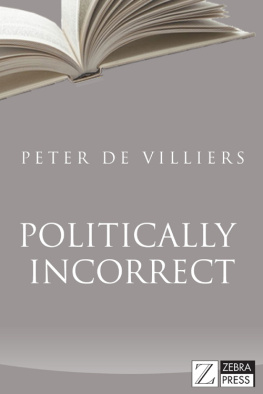Charles Pelham Villiers: Aristocratic Victorian Radical
This book provides the first biographical study of Charles Pelham Villiers (18021898), whose long UK parliamentary career spanned numerous government administrations under twenty different prime ministers.
An aristocrat from a privileged background, Villiers was elected to Parliament as a Radical in 1835 and subsequently served the constituency of Wolverhampton for sixty-three years until his death in 1898. A staunch Liberal free trader throughout his life, Villiers played a pre-eminent role in the Anti-Corn Law League as its parliamentary champion, introduced an important series of Poor Law reforms and later split with William Gladstone over the issue of Irish Home Rule, turning thereafter to Liberal Unionism. Hence Villiers, who remains the longest-serving MP in British parliamentary history, was intimately involved with many of the great issues of the Victorian Age in Britain.
Roger Swift is Emeritus Professor of Victorian Studies at the University of Chester, United Kingdom.
Routledge Studies in Modern British History
For a full list of titles in this series, please visit www.routledge.com.
8 Disability in Eighteenth-Century England
Imagining Physical Impairment
David M. Turner
9 British Student Activism in the Long Sixties
Caroline M. Hoefferle
10 Philanthropy and Voluntary Action in the First World War
Mobilizing Charity
Peter Grant
11 The British Army Regular Mounted Infantry 18801913
Andrew Winrow
12 The Chartist General
Charles James Napier, The Conquest of Sind, and Imperial Liberalism
Edward Beasley
13 The Great Church Crisis and the End of English Erastianism, 18981906
Bethany Kilcrease
14 Opening Schools and Closing Prisons
Caring for Destitute and Delinquent Children in Scotland 18121872
Andrew Ralston
15 Charles Pelham Villiers: Aristocratic Victorian Radical
Roger Swift
16 Women, Mission and Church in Uganda
Ethnographic Encounters in an Age of Imperialism, 18951960s
Elizabeth Dimock
First published 2017
by Routledge
2 Park Square, Milton Park, Abingdon, Oxon OX14 4RN
and by Routledge
711 Third Avenue, New York, NY 10017
Routledge is an imprint of the Taylor & Francis Group, an informa business
2017 Roger Swift
The right of Roger Swift to be identified as author of this work has been asserted by him in accordance with sections 77 and 78 of the Copyright, Designs and Patents Act 1988.
All rights reserved. No part of this book may be reprinted or reproduced or utilised in any form or by any electronic, mechanical, or other means, now known or hereafter invented, including photocopying and recording, or in any information storage or retrieval system, without permission in writing from the publishers.
Trademark notice: Product or corporate names may be trademarks or registered trademarks, and are used only for identification and explanation without intent to infringe.
British Library Cataloguing-in-Publication Data
A catalogue record for this book is available from the British Library
Library of Congress Cataloging-in-Publication Data
CIP data has been applied for.
ISBN: 978-1-138-28835-5 (hbk)
ISBN: 978-1-315-26797-5 (ebk)
Typeset in Bembo
by codeMantra
In memory of Dorothy Thompson
Frontispiece: Charles Pelham Villiers, Portrait by Sir Arthur Cope, colour, 1885, first exhibited at the Royal Academy and then placed in the Reform Club, Pall Mall, reproduced by kind permission of the Reform Club, London.
Charles Pelham Villiers was a leading radical Liberal in the Victorian era. For sixty-three years from 1835 until 1898 he was continuously an MP for the Borough of Wolverhampton. That was the longest span of uninterrupted parliamentary representation in British history. In the early Victorian period Villiers persistently campaigned for the repeal of the Corn Laws and he played an important, though under-appreciated, role in the triumph of Free Trade. Throughout his career he showed a sincere concern for the welfare of the working classes and, as a minister, he secured significant reform of the Poor Law. In the late nineteenth century his opposition to Irish home rule led him to break with Gladstone and become one of the pillars of Liberal Unionism in the West Midlands. Yet, despite the political influence that Villiers wielded throughout his long career, his role and achievements are virtually unknown today. His name is absent from the general histories of the Victorian era and he figures little more than incidentally in monographs that deal with issues with which he was closely involved.
There are various reasons why Villiers has been neglected. As an aristocratic cadet, he was somewhat overshadowed, in wealth, status and ministerial office, by his older brother, the Earl of Clarendon, who was Foreign Secretary in the 1860s. Yet as an aristocrat, Villiers seemed, in retrospect, a less-representative leader of radical Liberalism than middle-class mill owners, such as Cobden and Bright. Villiers, however, held views as advanced as theirs and his stance secured the loyalty of a constituency that was as industrial and as working class as any in the country. He was, moreover, a Cabinet minister unlike Cobden and a much more effective one than Bright.
There is another reason why Villiers has been largely ignored by historians: the lack of a comprehensive collection of his correspondence and papers. But Roger Swift, in this pioneering study of Villiers, has unearthed many hitherto unknown or un-consulted sources about many aspects of his career. They provide rich detail about the activities of Villiers in Parliament, in the Cabinet and in his constituency. This study is characterized by exemplary research and a thorough knowledge of the wider Victorian context. It not only restores Villiers to his rightful place in the pantheon of Victorian radicals but also throws new light on Victorian politics and society both in London and in the West Midlands.
Roland Quinault
Institute of Historical Research
This political biography of Charles Pelham Villiers has evolved from an occasional lecture delivered at the Centre for Victorian Studies at the University of Chester in 2007, from papers presented subsequently at the Gladstone Umbrella colloquium at Gladstones Library, Hawarden, and from research conducted during an honorary visiting professorship at the Research Institute for Humanities at the University of Keele. A study of this kind inevitably draws upon the work of other scholars, to whom I owe a debt of gratitude and I trust that this is fully acknowledged in the notes and bibliography. It has also benefited from the support provided by various archive repositories, and I wish to thank, in particular, Alf Russell, Lisa Hale and the staff of Wolverhampton Archives and Local Studies; the Reverend Dr. Peter Francis, Warden and Chief Librarian, of Gladstones Library, Hawarden; Jo Taplin-Green and the staff of the Archives and Special Collections Team at the London School of Economic and Political Science; Helen Burton, at the Special Collections and Archives, University of Keele, and the British Newspaper Archive. I also wish to thank the National Portrait Gallery, London, the Reform Club, and Wolverhampton Archives and Local Studies for granting permission to reproduce illustrations. I am particularly grateful for the advice, encouragement, and support provided by many academic friends and colleagues, most notably David Amigoni, Owen Ashton, D. George Boyce, Anthony Howe, Deryck Schreuder, and Roland Quinault, all of whom perused various drafts of chapters and made extremely helpful and incisive suggestions. I am also indebted to Mr Charles N. Villiers, the great-great-grandson of C.P. Villiers younger brother, Henry Montagu Villiers, Bishop of Durham, not only for his great kindness and enthusiastic support but also for providing illustrations from his private collection. Indeed, his knowledge of the Villiers family history has been of invaluable assistance. My greatest debt, however, is to the late Dorothy Thompson, mentor and friend, who first suggested that I embark upon this project, and to whom this book is dedicated.

